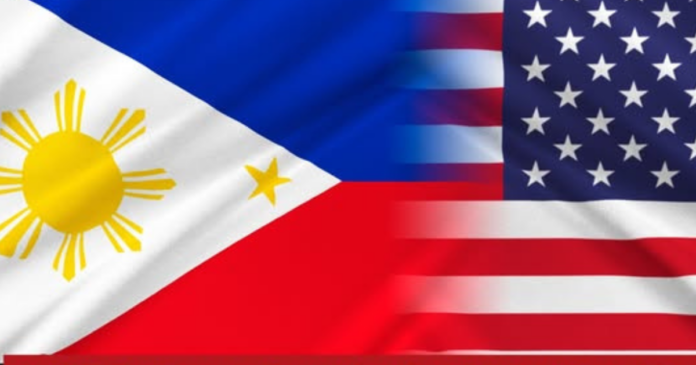The United States held its 2024 presidential election last November 5th, with former president Donald Trump winning over Vice President Kamala Harris. It also decided one-third of the Senate seats, all 435 seats in the House of Representatives, and numerous state and local positions, including 11 governorships.
With roughly 240 million eligible voters, significant turnout is expected as former President Donald Trump represents the Republican Party and current Vice President Kamala Harris banners the Democrats. This election carries high stakes for the approximately 4.5 million Filipinos living in the U.S.—the third-largest Asian-American group—as it could shape their access to economic opportunities and immigration policies.
The outcome will also impact the Philippines itself, with potential changes expected in security, trade, and immigration policies.
Security remains a major focus in U.S.-Philippine relations. Under the Biden administration, defense ties have strengthened, especially with the renewal of the Enhanced Defense Cooperation Agreement (EDCA) in 2023, which allows greater U.S. military presence and joint training with Philippine forces. A Harris administration would likely maintain this robust support, emphasizing close coordination with ASEAN allies to counter China’s growing influence in the West Philippine Sea.
Conversely, a Trump administration could adopt a more transactional approach, pressing the Philippines to share more of the defense burden and prioritizing cost-sharing agreements. This approach, observed during Trump’s previous term, could potentially alter the scope of U.S. involvement in the region, according to insights from the Brookings Institution and experts on Southeast Asian diplomacy.
Trade policies are another area where U.S. leadership could impact the Philippines significantly. The U.S. is the Philippines’ top export partner, with trade valued at around $11.55 billion in 2023. A Harris administration would likely continue policies that support economic cooperation and regional stability, which would benefit Philippine exports in electronics, manufacturing, and agricultural products.
In contrast, a Trump administration might shift focus towards “reshoring,” encouraging American companies to bring jobs back to the U.S., which could reduce outsourcing to the Philippines. This shift could heavily impact the Business Process Outsourcing (BPO) industry, a vital sector of the Philippine economy that depends on U.S.-based clients.
Reduced trade opportunities could affect Philippine exports and disrupt sectors tied to American demand as well.
Immigration policies are another pivotal issue that could change depending on the election outcome. During his previous term, Trump’s administration adopted a hardline approach to immigration, tightening entry requirements, capping visas for lower-skilled workers, and prioritizing highly skilled labor visas, particularly in fields like healthcare. These restrictions limited family reunification opportunities and sponsorships. If re-elected, Trump is expected to revive such restrictive policies, favoring skilled labor visas over family-based immigration.
In contrast, a Harris administration would likely support more inclusive immigration reforms, advocating for pathways to citizenship for undocumented immigrants, expanded protections, and easing restrictions on family reunification. Harris has consistently backed comprehensive immigration reform, which could lead to clearer and more accessible routes to citizenship for millions of immigrants residing in the U.S., including many Filipino Americans.
Regardless of the outcome, it is clear that the 2024 U.S. election will bring changes to American policies, whether through a continuation of Biden-era principles or a shift to the more restrictive and economically protectionist policies expected under a Trump administration.
Both outcomes carry significant implications for Filipinos living in the U.S. and the Philippines, particularly in terms of security, trade, and immigration.



